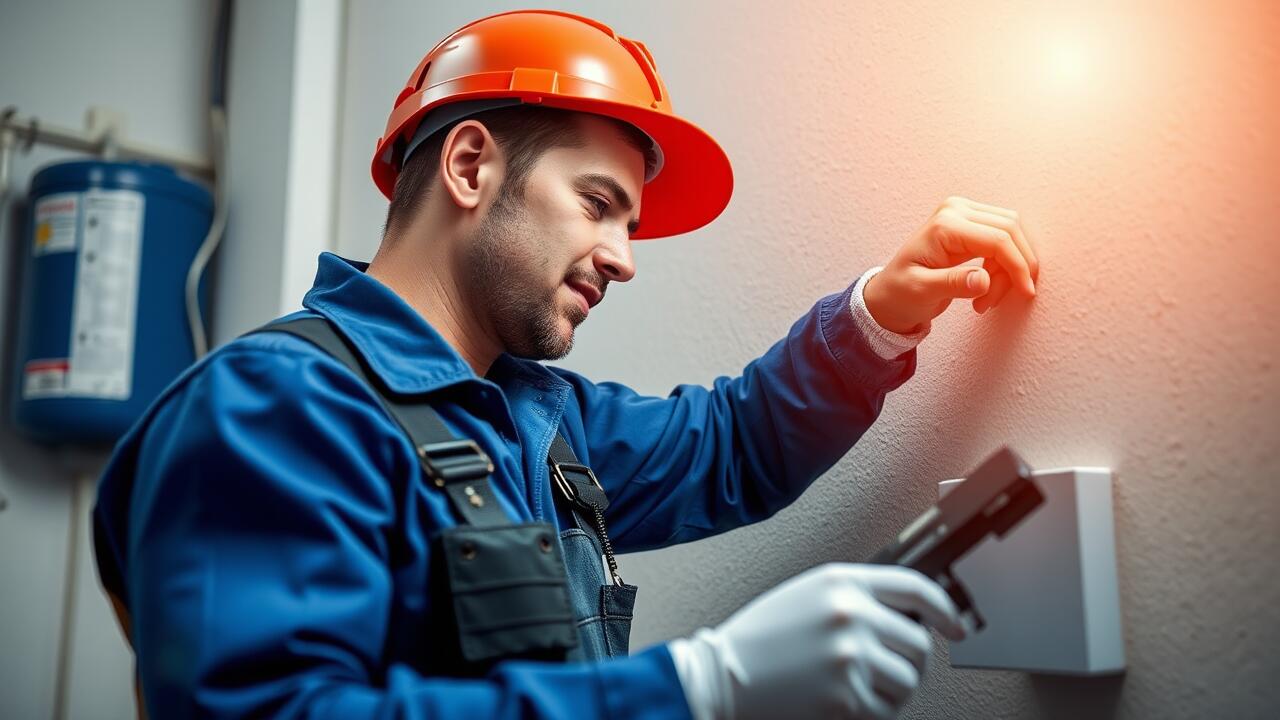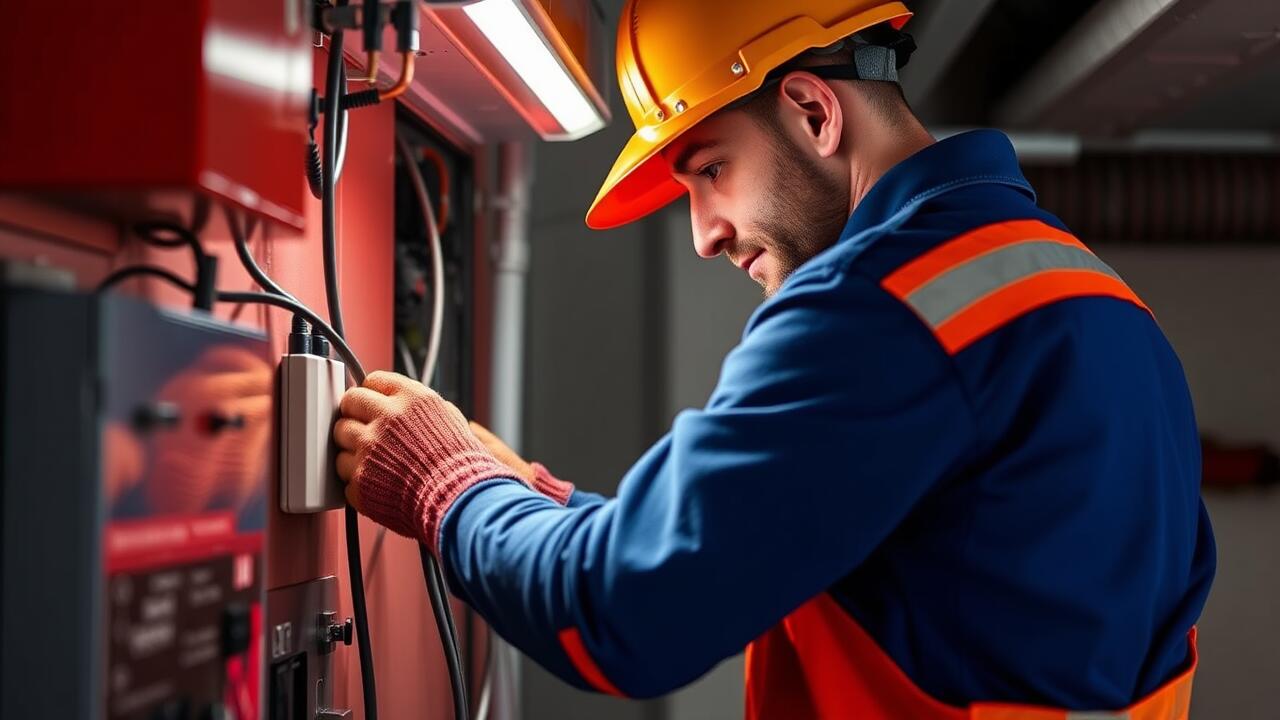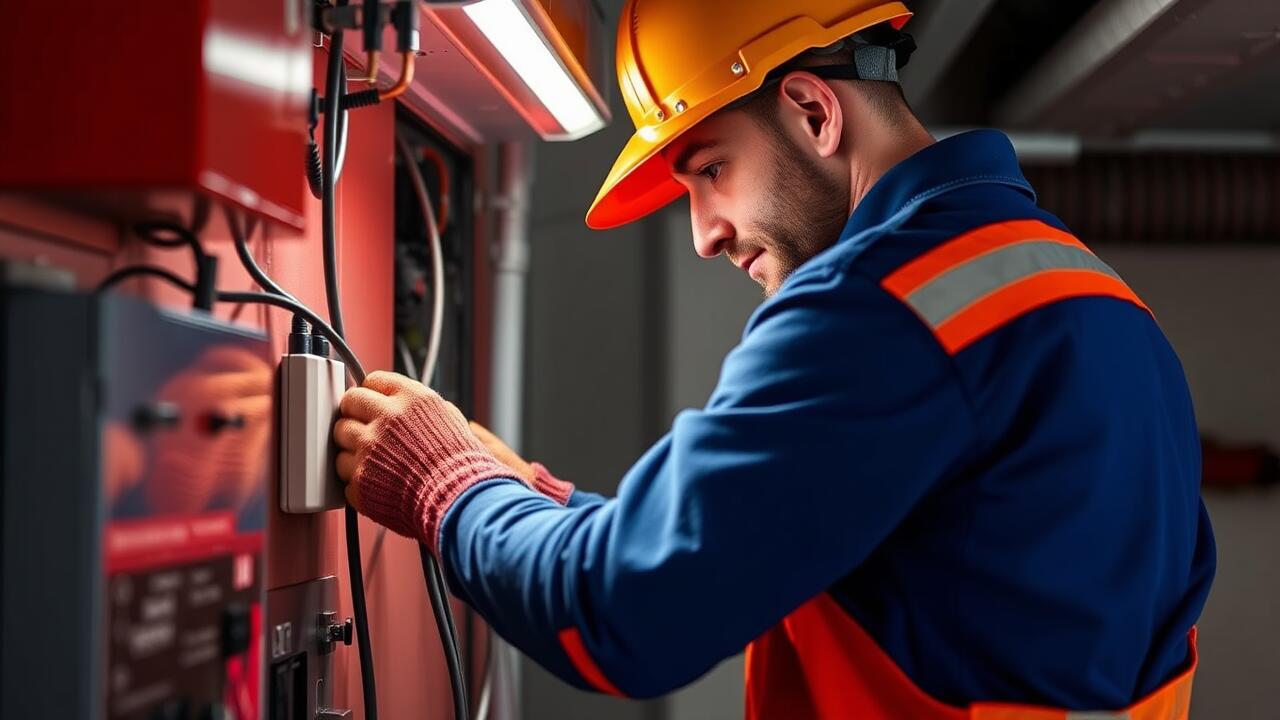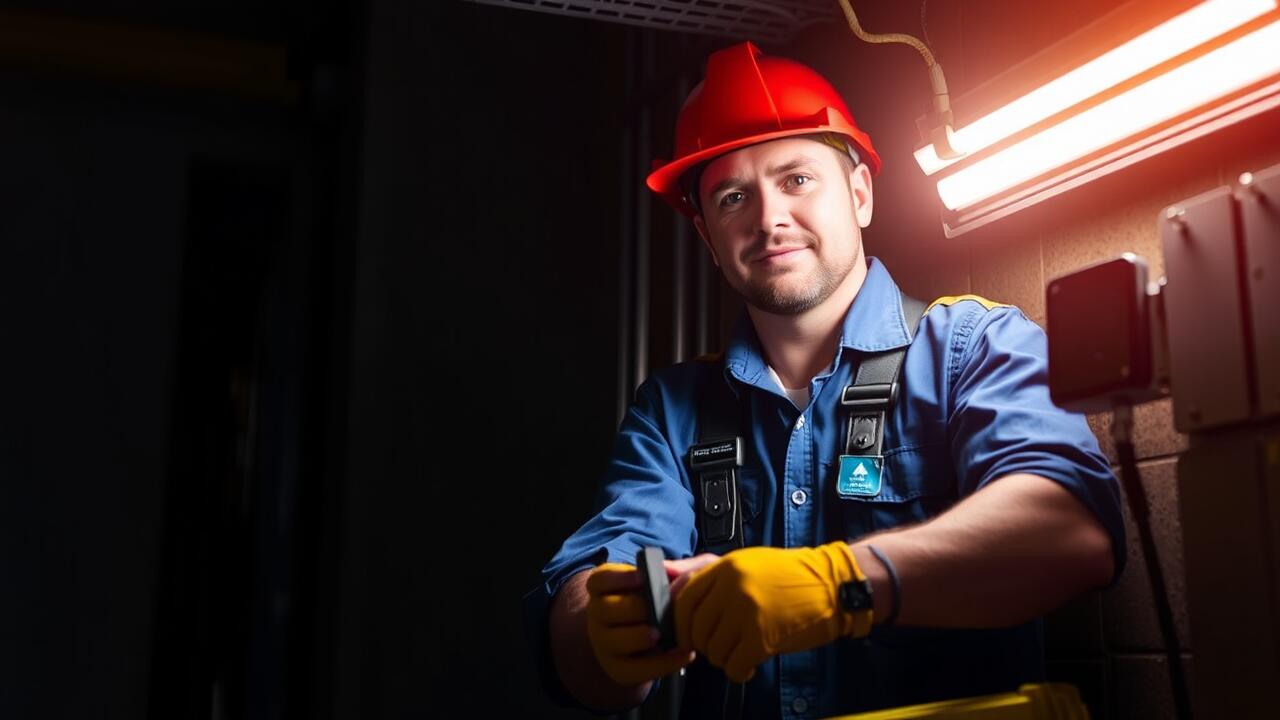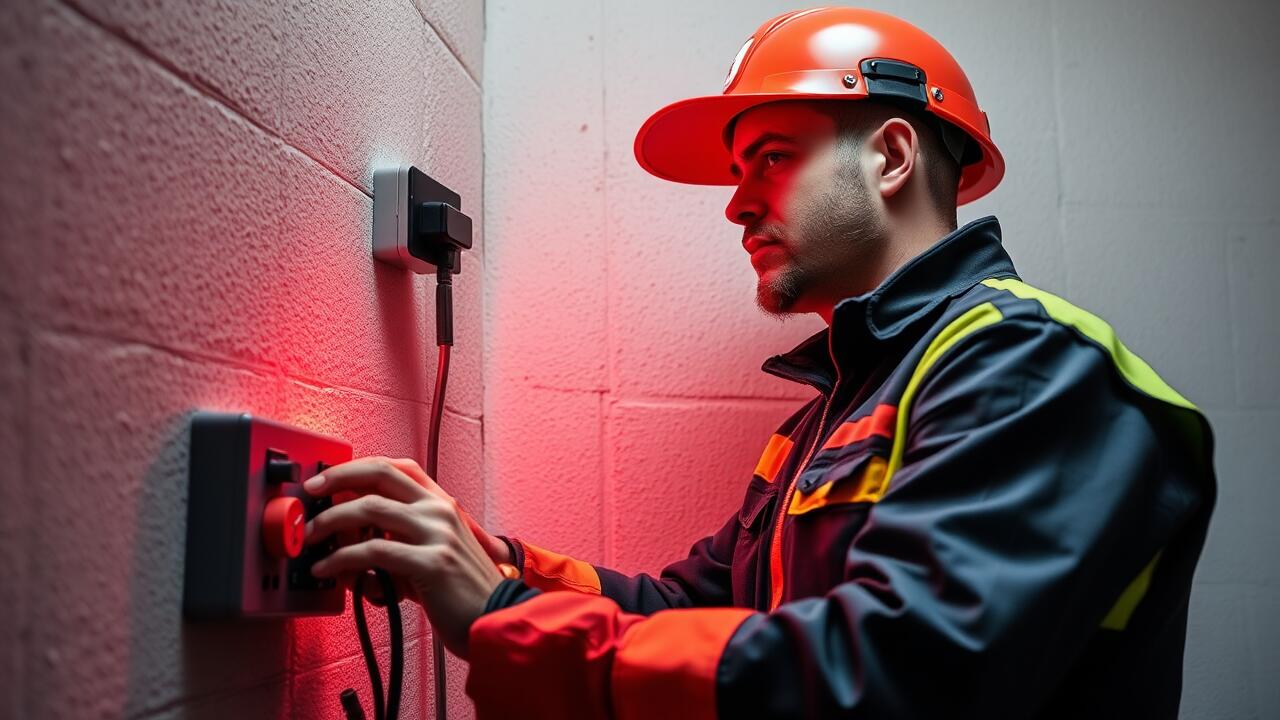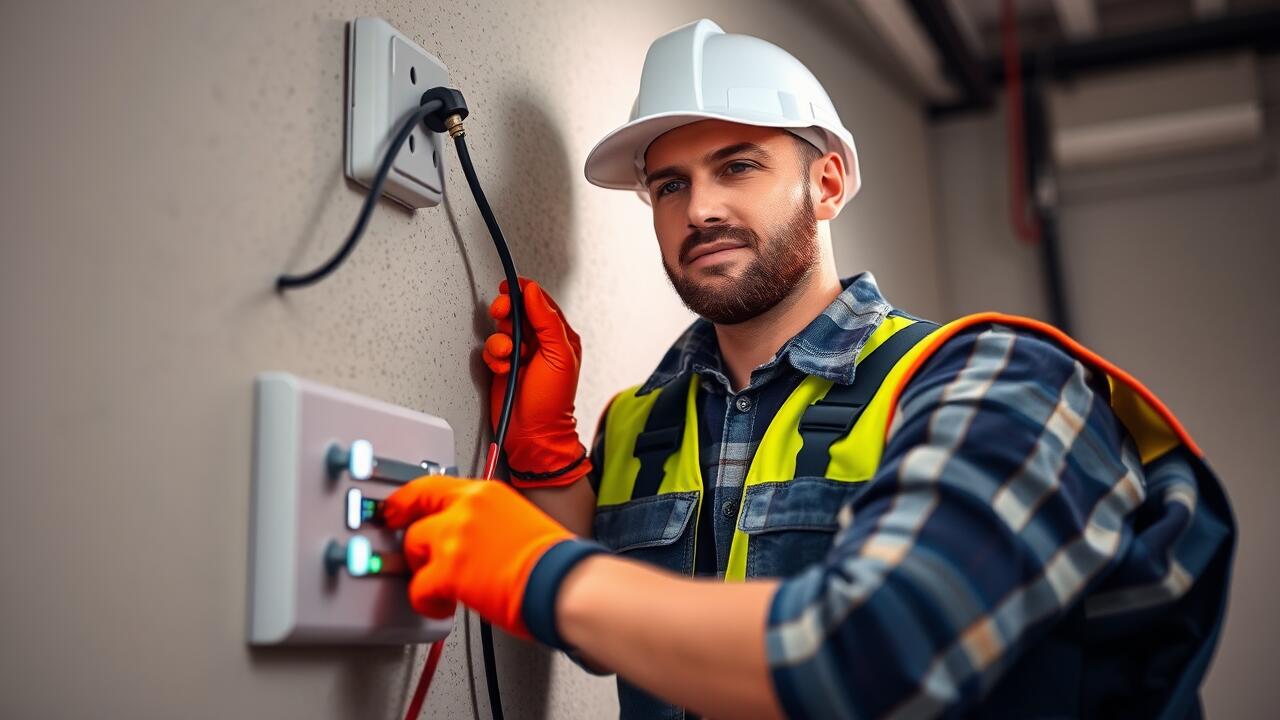
Common Causes of Wiring Problems
Wiring problems can stem from a variety of issues that often go unnoticed until a significant problem occurs. One common cause is aging infrastructure, where older wiring systems may deteriorate over time. Exposure to environmental factors such as moisture can lead to corrosion, contributing to shorts and power failures. Additionally, improper installation or the use of inadequate materials can create weak points in a home's electrical system.
Another prevalent issue is the overloading of circuits. As households add more electronic devices and appliances, the demand on existing circuits increases, which can lead to overheating and potential hazards. Rodents are also known to chew on wires, causing damage that may not be visible to the homeowner. If you suspect that your wiring is faulty or your devices are acting strangely, it might be wise to search for "Emergency Electrician near me" to address these problems promptly.
Factors That Lead to Electrical Failures
Several factors contribute to electrical failures in homes and businesses. One common culprit is outdated wiring that cannot handle the demands of modern electrical systems. Over time, insulation can wear down, leading to exposed wires and potential hazards. Improper installation or modifications made by unqualified individuals can also create vulnerabilities in the electrical system. These issues make it essential for property owners to stay vigilant and aware of the conditions of their wiring.
Additionally, environmental factors can play a significant role in electrical malfunctions. Moisture intrusion often leads to short circuits or corrosion in connections. Frequent power surges may overload circuits, causing devices to fail or even pose fire risks. When experiencing persistent electrical problems, it is advisable to search for an "Emergency Electrician near me" to ensure safety and proper diagnosis of the issues at hand.
Repairing Faulty Wiring
Repairing faulty wiring requires a systematic approach to ensure safety and effectiveness. Begin by turning off the power at the main circuit breaker to prevent electric shock. Inspect the area for any visible damage or frayed wires. Proper tools are essential for this task, including wire strippers, insulated screwdrivers, and electrical tape. Once the damaged wire is identified, cut away the affected portion and strip the insulation off the ends of the remaining wires. Use wire connectors to securely attach the new segment of wire, ensuring that all connections are tight and insulated.
When undertaking repairs, it is critical to follow local codes and regulations. Testing the repaired circuit with a multimeter will help verify proper functionality. Should you encounter more extensive electrical issues or lack confidence in handling the repairs, it’s vital to seek out a qualified professional. Searching for an "Emergency Electrician near me" can quickly connect you with an expert who can assess and address the situation safely. This step is crucial if signs of recurring problems are present, as they may indicate deeper issues within the electrical system.
Procedures for Safe and Effective Repairs
Before starting any repair work on faulty wiring, ensuring safety is paramount. Turn off the electrical supply at the main breaker. Use a voltage tester to confirm that the wires are de-energized. Gather necessary tools, including insulated gloves and appropriate hand tools. Familiarize yourself with the specific electrical codes and regulations in your area, as they vary and ensure that any work completed follows local standards.
When you identify the issue, document your findings for future reference. If the repairs exceed your expertise, seeking assistance is crucial. A qualified professional can assess extensive damage or complex problems. Searching for an "Emergency Electrician near me" can connect you with local experts ready to handle urgent wiring issues safely and efficiently.
When to Call a Professional Electrician
Homeowners should be vigilant about the signs that indicate the need for a professional electrician. Frequent circuit breaker trips, flickering lights, or buzzing sounds from outlets are red flags that point to underlying issues. Additionally, burnt odors or discolored wall outlets signal potential hazards that could lead to electrical fires. When encountering these problems, it is crucial to address them promptly, as ignoring these warning signs can result in more extensive damage or safety risks.
If you find yourself experiencing any of these issues, searching for an "Emergency Electrician near me" can provide you with immediate assistance. Licensed professionals have the expertise to diagnose and repair electrical problems safely and efficiently. Attempting to fix complex wiring issues without proper knowledge can lead to personal injury or further damage to your electrical system. Seeking expert help ensures that repairs are done to code and minimizes risks to your home and family.
Signs That Require Expert Assistance
Certain signs indicate the need for professional intervention regarding wiring issues. Frequent tripping of circuit breakers can suggest an overloaded circuit or faulty wiring. Additionally, persistent flickering of lights may point to underlying electrical faults. Ignoring these symptoms can escalate into dangerous situations, such as electrical fires or significant property damage.
If you notice an unusual burning smell near outlets or electrical panels, it's crucial to act immediately. This could indicate overheating or damaged wiring, which poses serious risks. In such cases, searching for an "Emergency Electrician near me" ensures quick access to professional help. These experts can accurately assess the situation and implement necessary repairs to safeguard your home and its occupants.
FAQS
What are the common signs of faulty wiring in a home?
Common signs include frequent circuit breaker trips, flickering lights, burning smells, and warm or discolored outlets.
How can I diagnose faulty wiring on my own?
You can perform a visual inspection of outlets and wiring for damage, check circuit breakers for tripped switches, and test outlets with a multimeter. However, it's essential to prioritize safety and consult a professional if you're unsure.
What are the safety precautions I should take while repairing faulty wiring?
Always turn off the power supply at the circuit breaker, use insulated tools, wear rubber-soled shoes, and work in a dry area. If you're not experienced, it's best to hire a licensed electrician.
How long does it typically take to repair faulty wiring?
The time needed for repairs can vary depending on the extent of the damage and the complexity of the wiring system, but most straightforward repairs can take a few hours to a day.
When is it necessary to call a professional electrician?
You should call a professional if you notice persistent electrical issues, if the repairs seem beyond your expertise, or if you encounter any dangerous situations such as exposed wiring or signs of an electrical fire.
